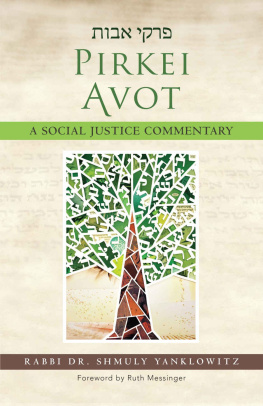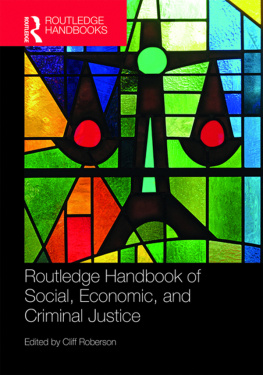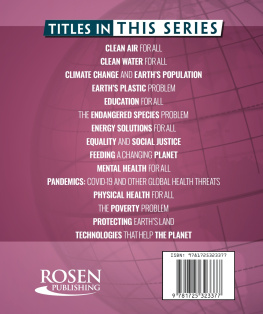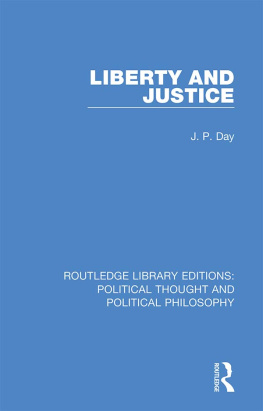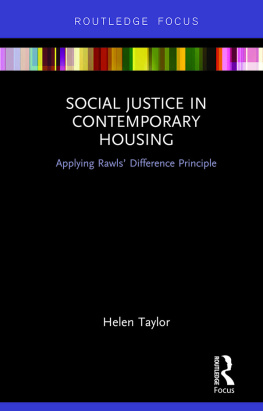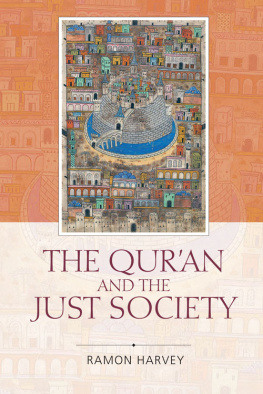Pirkei Avot
A SOCIAL JUSTICE COMMENTARY
Rabbi Dr. Shmuly Yanklowitz
HEBREW TEXT EDITOR
Rabbi David E. S. Stein
FOREWORD BY
Ruth Messinger

CENTRAL CONFERENCE OF AMERICAN RABBIS
New York
2018/5778
The CCAR Press has provided this ebook to you for your personal use only. You may not make this ebook publicly available in any way. Copyright infringement is both contrary to Jewish ethics and against the law. If you believe the copy of this ebook you are reading infringes on the publisher's or author's copyright, please contact us at
This book is written in honor of my parents, Mr. Stephen Yanklowitz and Mrs. Sandra Yanklowitz, who have always been rocks of love and support for me and to whom I'm eternally grateful. ---Rabbi Shmuly Yanklowitz
Copyright 2018 by Reform Judaism Publishing, a division of CCAR Press. All rights reserved. No part of this book may be reproduced, stored in a retrieval system, transmitted, sold, distributed, or repurposed in other formats without the express written permission of the Central Conference of American Rabbis. This excludes brief excerpts used only for the purpose of review. For permission to reprint, please contact CCAR Press.
Library of Congress Cataloging-in-Publication Data
Names: Yanklowitz, Shmuly, 1981- translator, writer of added commentary. | Stein, David E. S., 1957- editor.
Title: Pirkei Avot : a social justice commentary / Rabbi Dr. Shmuly Yanklowitz ; Hebrew text editor, Rabbi David E.S. Stein.
Other titles: Mishnah. Avot. | Mishnah. Avot. English.
Description: New York : Central Conference of American Rabbis, 2018 = 5778. | Item includes newly edited Hebrew text, new English translation, and original commentary in English. | Includes bibliographical references and index.
Identifiers: LCCN 2018006973 (print) | LCCN 2018007878 (ebook) | ISBN 9780881233230 | ISBN 9780881233223 (pbk. : alk. paper)
Subjects: LCSH: Mishnah. Avot--Commentaries. | Social justice--Religious aspects--Judaism.
Classification: LCC BM506.A23 (ebook) | LCC BM506.A23 P59 2018 (print) | DDC 296.1/234707--dc23
LC record available at https://lccn.loc.gov/2018006973
"There are stars," by Hana Senesh, Hannah Senesh: Her Life and Diary, the First Complete Edition (Jewish Lights, 2004), p. x; transl. Cantor Jeff Klepper and Rabbi Daniel Freelander. Used by permission.
"In Those Years." Copyright 2016 by the Adrienne Rich Literary Trust. Copyright 1995 by Adrienne Rich, from Collected Poems: 1950--2012 by Adrienne Rich. Used by permission of W. W. Norton & Company, Inc.
"Praying" from the volume Thirst by Mary Oliver, published by Beacon Press, Boston. Copyright 2006 by Mary Oliver, used herewith by permission of the Charlotte Sheedy Literary Agency, Inc.
Interior designed and composed by Scott-Martin Kosofsky, The Philidor Company, Rhinebeck, NY. www.philidor.com
Printed in the United States of America.
10 9 8 7 6 5 4 3 2 1
CCAR Press, 355 Lexington Avenue, New York, NY 10017
(212) 972-3636 www.ccarpress.org
Contents
About the Hebrew Text
Rabbi David E. S. Stein
ALL RABBINIC TEXTS have come down to us in variant versions. There is no authoritative "original" of Pirkei Avot. Inevitably, then, a publisher must make editorial choices about which variants to include.
In editing the Hebrew text that appears herein, I took as a starting point several prior Reform movement publications. I then modified that Reform "tradition" in light of the Israeli scholar Shimon Sharvit's masterful critical edition of Pirkei Avot (2004), and of his monograph on this tractate's grammar, lexicon, and style (2006). Where a material discrepancy was evident, I gave the greatest weight to the majority reading of the five relatively early Mishnah manuscripts that Sharvit collated. I also considered the readings that he found in Cairo Geniza fragments, early siddurim, and the discussions of medieval rabbinic commentators. (I did not address the considerable variance that exists in the paragraph divisions within each chapter. In that respect, in accord with Rabbi Dr. Yanklowitz's preference, we have followed the Artscroll edition edited by Rabbi Nosson Scherman.)
Compared to a typical recent rendition of Pirkei Avot, this edition's expressions, spellings, and grammatical forms are more in line with actual Rabbinic (rather than Biblical) Hebrew. At the same time, our text adapts Rabbinic Hebrew practice by adding punctuation in order to aid the contemporary reader in parsing the text.
A word of acknowledgment: I thank Michelle Kwitkin for calling my attention to Shimon Sharvit's scholarship. And let me thank The Rabbinical Assembly for graciously sharing a pre-publication copy of editorial notes on the Hebrew text in its new commentary on Pirkei Avot. My work benefited from Rabbi Dr. Martin S. Cohen's instructive observations in those notes.
Foreword
Ruth Messinger
THIS IS TRULY a contemporary "guide to the perplexed," and it arrives when many of us feel deeply the need for some guide as to how to work in the world. Rabbi Yanklowitz has taken the preeminent ethical teachings of Judaism as these are laid out in Pirkei Avot, and he has brought his own wisdom and that of others to considering what these teachings mean and---most important---how we might think about applying them in our own lives in the twenty-first century.
Whether the question is care for the homeless, or how to be a welcoming congregation, or how to organize to fight climate change, there is wise guidance for all of us in Pirkei Avot, and Rabbi Yanklowitz teases it out. Along the way he shares what brilliant teachers from Pete Seeger to Maimonides, from Jeremiah to Eleanor Roosevelt, from ancient rebbes to Rabbi Jonathan Sacks have to teach us about how to live ethical lives. Rabbi Yanklowitz reads widely, and he is eager for us to glean from him how very different people have looked at and spoken about these issues. He hopes that we will not only read but act, that we will choose to walk in some of the footsteps he lays out for us.
There is a brilliant focus in these commentaries on the core importance of living an ethical life. The author makes it clear that we must care about and pay keen attention, first, to knowing ourselves and, then, to developing our relationships with others and with God, because these are essential to our being able to make a difference in the world. This is an insight too often neglected in texts and courses about how to be an activist, and it is powerful to have it be so central in this "guide."
This is particularly the case in the present moment. There is a great deal going on that is legitimately distressing to people; and as a result, too many of us---wanting to respond---are pulled from issue to issue,acting in ways that may make us feel good in the moment but lack discipline and focus. The result is that we then feel overwhelmed and are not able to work in coherent and effective ways.
What this book does is remind us of the importance of focus, connect up our activist interests to a deeper sense of spiritual drive, and lay out for us that we will be able to do more and do it more effectively if we approach our work with an appreciation for the past experience and the wisdom of others.
We are indebted to Rabbi Yanklowitz for helping each of us find not only intellectual but also spiritual inspiration from these ancient maxims; for guiding us to open our hearts to receive this inspiration; for encouraging us to apply it to developing our own individual characters and ensuring that we are present and effective throughout our lives---and that we work as we can to make the world better for all its inhabitants.

